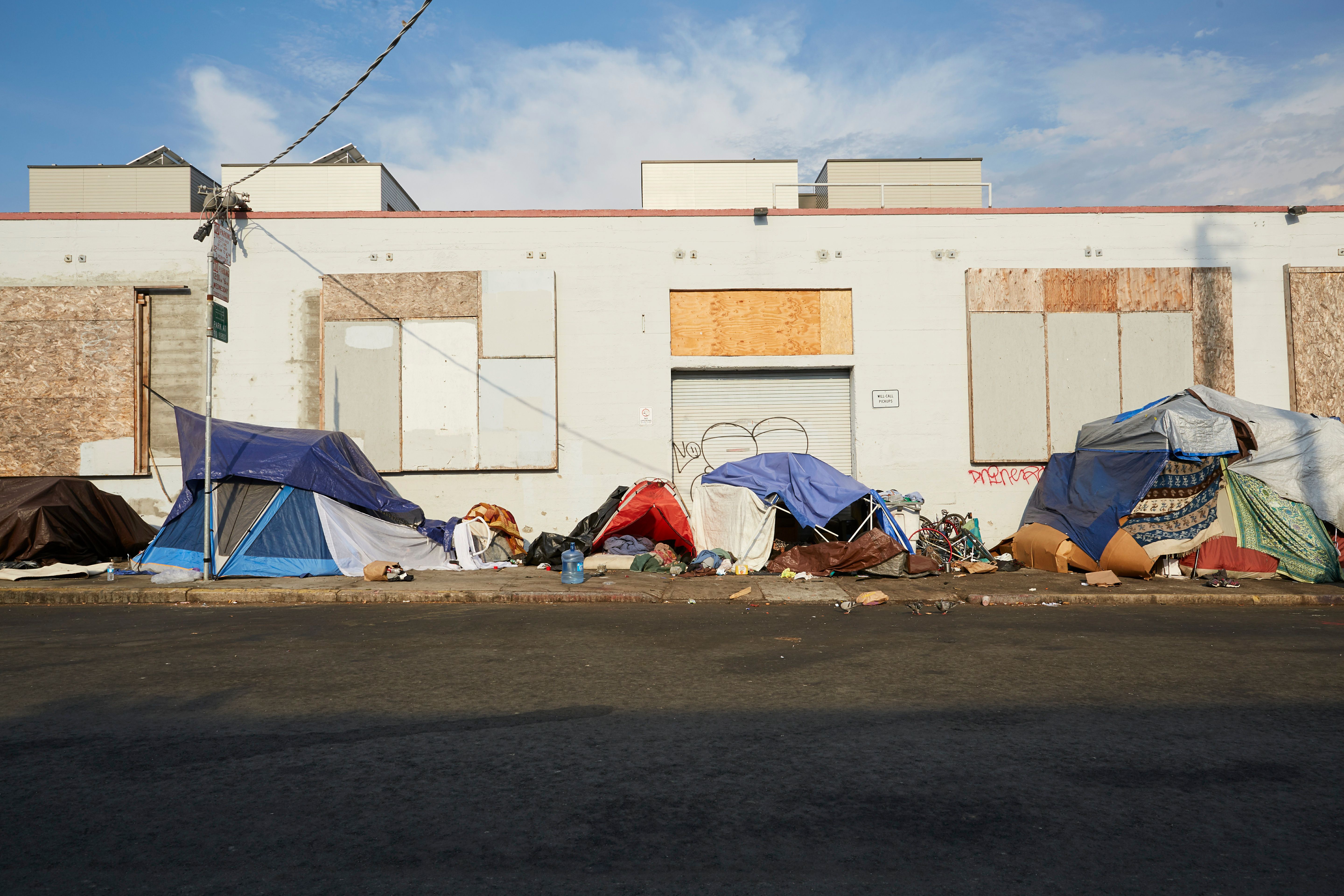Article
COVID-19 Pandemic Dramatically Increased Childcare Stress Among Health Care Workers
Author(s):
Researchers found high levels of childcare stress among female and racial minority health care workers, supporting new programs and wellbeing initiatives.
A September 2021 poll revealed that 1 in 5 health care workers (HCWs) quit their job since March 2020. Pre-existing disparities and issues in the health care workforce and within the current childcare system were exacerbated because of the COVID-19 pandemic, according to the poll.
Researchers found that childcare stress (CCS) was associated with anxiety, depression, burnout (occupational stress), intent to reduce (ITR), and intent to leave (ITL) for HCWs, which were experienced at disproportionate levels across different subgroups.
The source of the study, called Coping with COVID, is a 14-item survey looking at several demographic items, such as race, ethnicity, gender, years in practice, outpatient vs inpatient practice environment, and work role between April-December 2020.
Although many questions were asked for HCWs to self-evaluate, the only item that was used to analyze CCS was the statement, “due to…COVID-19, I am experiencing concerns about childcare.”
A total of 58,408 participants answered this question using a scale between 1 and 4. A participant experienced CCS if they answered 3 or 4 on the scale. If the answer was 1, there was no CCS, and if they responded 4, they experienced a high degree of CCS.
The findings highlighted that racial and ethnic minority groups experienced CCS 40%-50% more than white respondents. Women also had 22% greater odds of reporting CCS than men; however, burnout was significant among all high CCS respondents. Although all workers with CCS were 80% more likely to have burnout than their low CCS counterparts, women reported burnout with 50% greater odds than men.
Other models further revealed that ITR for HCWs was higher in women than men, but any worker experiencing CCS was 91% more likely to report ITR. Additionally, logistical regressions for all workers noted similar ITL in both men and women.
All participants with CCS were more than 100% more likely to be anxious or depressed. Similar to the ITR and ITL findings, women were more likely to experience these symptoms.
The researchers noted a significant study limitation around the findings being based on self-reported answers. Other limitations include an unequivocal ratio of responders, a chaotic and unusual situation due to the pandemic, and confounding associations between CCS and whether it influenced burnout, or whether burnout influenced facets, such as ITL and ITR.
CCS was ultimately more prevalent in women HCWs, racial and ethnic minority groups, and people who have been in practice for more than 5 years. Researchers propose collecting more data on racial equity and increasing accessible childcare for HCW well-being. With an intentional approach, the health care workplace should address these childcare concerns.
Reference
Elizabeth M. Harry, MD,; Lindsey E. Carlasare, MBA; Christine A. Sinsky, MD; et al. Childcare Stress, Burnout, and Intent to Reduce Hours or Leave the Job During the COVID-19 Pandemic Among US Health Care Workers. JAMA Netw Open. 2022;5(7):e2221776. doi:10.1001. Accessed July 19, 2022.
Newsletter
Stay informed on drug updates, treatment guidelines, and pharmacy practice trends—subscribe to Pharmacy Times for weekly clinical insights.






